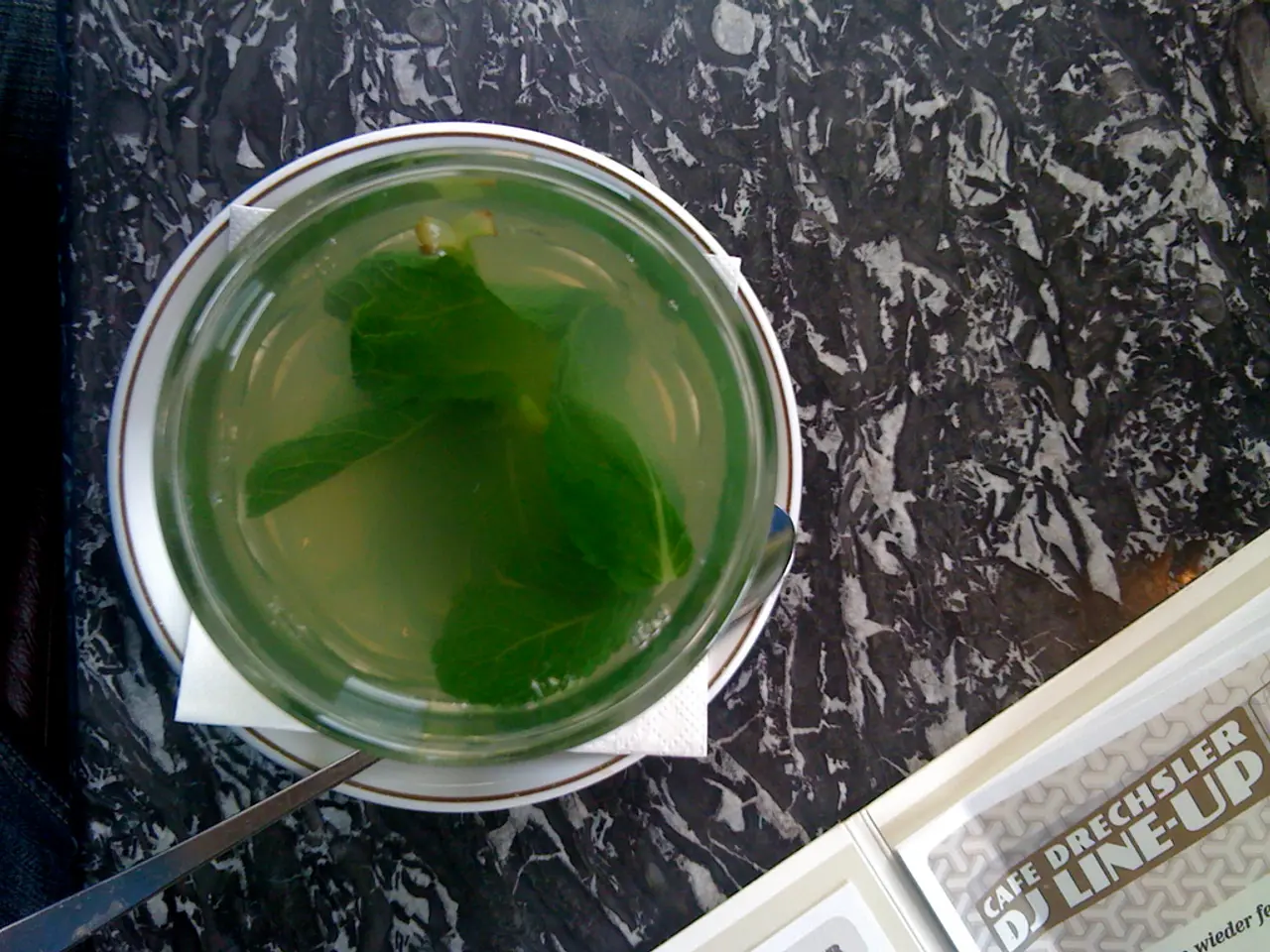Mint Plants and Their Reputation as a Mice Deterrent: Debunking the Legend for Green Thumb Enthusiasts
Natural Rodent Repellent: Peppermint to the Rescue
Peppermint, known for its refreshing aroma and cooling sensation, is an effective natural deterrent against mice and other rodents. The strong menthol scent in peppermint is irritating to rodents, making it an ideal choice for keeping these pests at bay.
Maximising the Power of Peppermint
To make the most of peppermint's rodent-repelling properties, there are several methods to consider:
- Peppermint Oil Spray: Dilute peppermint oil with water (and a few drops of dish soap) and apply it along entry points such as doorways, windowsills, cracks, and other suspected rodent access points.
- Cotton Ball Sachets: Soak cotton balls in peppermint oil and place them in hidden areas like pantries, cabinets, attics, and closets. Replace these cotton balls every 2 to 4 weeks to maintain their efficacy.
- Dried Peppermint: Scatter dried peppermint around the perimeter of your yard, garden beds, near compost bins, or other areas prone to rodent activity. Refresh this regularly, especially after rain or watering, as moisture reduces its potency.
- Peppermint Sachets in Gardens: Use mesh sachets filled with dried peppermint in garden corners or raised beds for a longer-lasting effect.
- Container-Grown Peppermint: Grow peppermint plants in containers around entry points; crushed peppermint leaves can also be placed in problem spots for added effect. Growing in containers helps control the aggressive spreading habit of mint.
Combining Strategies for Optimal Results
Peppermint is safe for use around pets and plants, making it an eco-friendly option. However, it is important to combine peppermint with other control measures such as sealing entry points and removing food sources, as peppermint alone may not provide permanent rodent control.
In addition to peppermint, other mint plants like spearmint, catnip, apple mint, and chocolate mint can serve as a mild deterrent for mice. Incorporating onions and citrus plants can provide an extra layer of defense against rodents, including rats and mice.
Blocking Access Points
Blocking access points is an essential step in deterring mice. Secure windows, doors, holes in walls, and pipework to create natural blockades that discourage rodents from entering.
A Green Thumb's Touch
Glen, an experienced gardener with over 15 years of hands-on experience in garden maintenance, design, and landscaping services, has recently posted articles about garden fungicides, candy cane peppers, and watermelon harvesting. With a passion for all things green, Glen continues to share his knowledge and love for gardening with others.
[1] Rodent Deterrent: Peppermint Oil as a Natural Solution. (2021). Garden Pests and Diseases. Retrieved from https://gardenpestsanddiseases.com/rodent-deterrent-peppermint-oil/
[2] How to Use Peppermint to Repel Mice. (2020). The Spruce. Retrieved from https://www.thespruce.com/how-to-use-peppermint-to-repel-mice-2661312
[3] Peppermint as a Rodent Repellent: Does it Really Work? (2019). Mother Earth News. Retrieved from https://www.motherearthnews.com/organic-gardening/rodent-repellents/peppermint-as-a-rodent-repellent-zbczz1903zgw
[4] Peppermint as a Rodent Repellent: Does it Really Work? (2019). Garden Myths. Retrieved from https://gardenmyths.com/peppermint-as-a-rodent-repellent/
[5] Rodent Repellents: Peppermint Oil. (2020). Pest Strategies. Retrieved from https://www.peststrategies.com/pest-library/rodents/mice/rodent-repellents/peppermint-oil/




